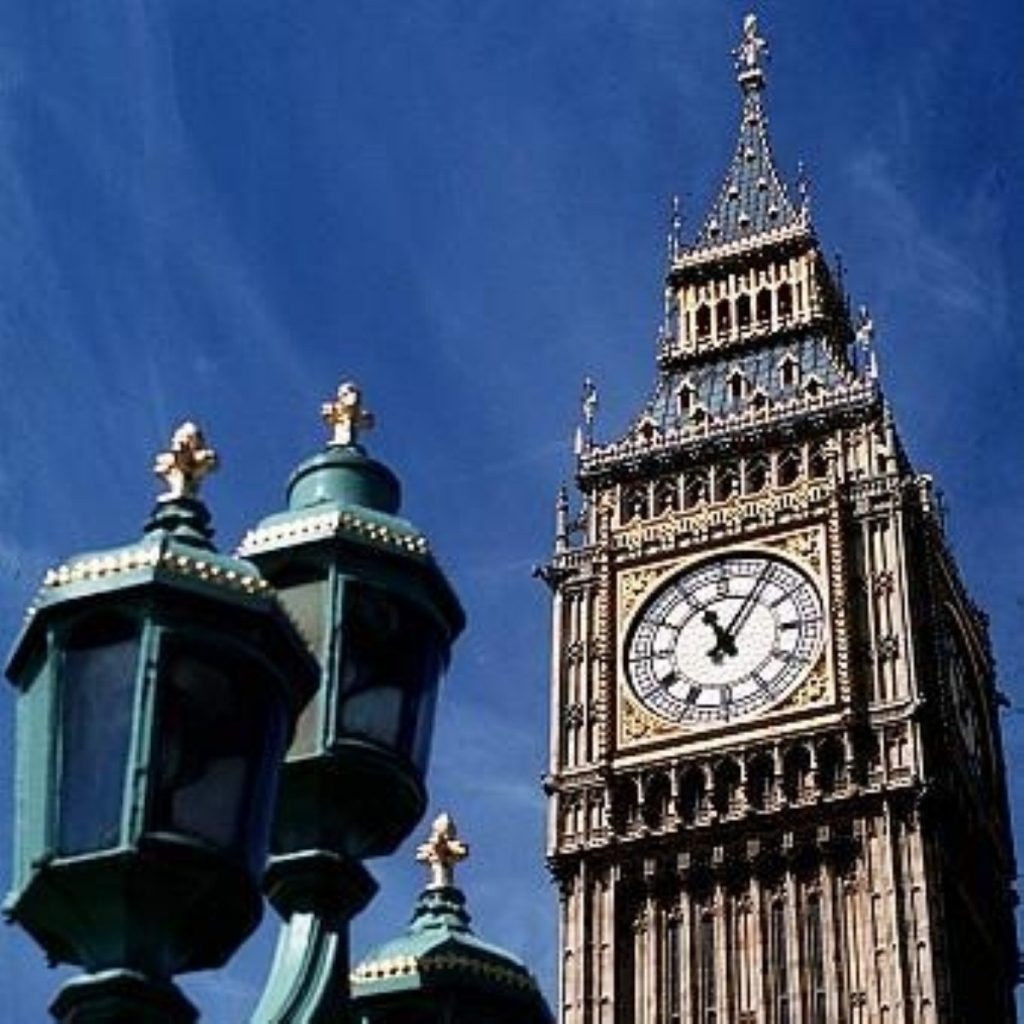The return of sleaze?
By Ian Dunt
Westminster insiders are frantically trying to limit the damage of the cash-for-amendments controversy while, also in parliament, another MP is ruled to have breached parliamentary standards.
To see a timeline of British sleaze since John Major click here.
To read a comment piece on how to clean up the lobbying industry click here.


To read analysis on similarities between 1995 and now click here.
To read a feature on the problems facing Lords reform click here.
The storm over the peers who suggested they would take money in exchange for making amendments to government bills continued today, with police meeting the Labour leader of the Lords to discuss a possible investigation.
Meanwhile, Derek Conway, the Tory MP who hired his student son to work in his office on public funds, was found to have broken parliament rules by the standards committee, just weeks after Peter Hain was forced to apologise to the Commons for failing to disclose donations to his deputy leadership campaign.
Liberal Democrat leader of the House David Heath said: “This has clearly been a bad week for the reputation of parliament. We need to completely reform the way politics is done in this country.
“That is why on Monday the Liberal Democrats will be using our Opposition Day to push for urgent reform of the political system.”
Yesterday, Gordon Brown backing calls for peers to be thrown out the Lords if they commit serious misconduct.
He also suggested emergency sanctions against the four Labour peers – Lord Truscott, Lord Moonie, Lord Taylor of Blackburn and Lord Snape – should be considered if the allegations are shown to be true.
But the prime minister’s intervention has failed to stop comparisons between the scandal currently engulfing Labour and that which devastated John Major’s administration in the mid-90s, known as the cash-for-questions scandal.
“The current investigation into whether or not some Labour lords tried to influence legislation in return for cash reminds us all of the dying days of the last Conservative administration,” a Green party spokesman told politics.co.uk.
“Tory sleaze, Labour sleaze: it’s a case, literally, of you pay your money and you make your choice.”
Yesterday, Lady Royall, leader of the upper house, wrote an article in the Guardian newspaper which argued future offenders should face expulsion from the Lords.
“If there are abuses, they must be rooted out,” she said.
Speaking to the Independent, Tory leader David Cameron described the affair as symptomatic of Britain’s “broken politics”.
“It is completely unacceptable behaviour; we need to make sure it is properly dealt with. It is pretty clear that this went well beyond the rules that exist,” he said.
Liberal Democrat leader Nick Clegg called for reform of the way parliament operates.
“It is frankly a scandal that, at the moment, somebody who passes the laws of the land in the House of Lords could actually break the law, maybe in some places very seriously, and not forfeit their place in the House of Lords,” he said.
“I am not suggesting for every misdemeanour you should be throwing people out of the House of Lords, but I just think that this whole set of allegations has lifted the lid on an institution which is completely out of step with modern Britain.”
Labour insiders admit accusations of a return to sleaze can fatally wound the party in the run up to a general election.
It was those same accusations which crippled the Major government in 1997, allowing a fresh faced Tony Blair to stroll into No 10 with promises of a squeaky clean politics.
The four Labour peers are accused of entering into negotiations, involving fees of up to £120,000, with Sunday Times reporters posing as lobbyists for a foreign firm. All of them strenuously deny the allegations.
Today, police met with Labour leader of the Lords Baroness Royall to discuss an investigation into the matter.
This afternooon, Tory MP Derek Conway was found to have breached parliamentary standards when he paid his son Henry out of his allowances for work in his office. It is the second time the committee has found him to have breached the rules, following a similar ruling concerning his other son, Freddy, last year.
The ruling follows a similar judgement against former Cabinet minister Peter Hain for not disclosing donations to his deputy leadership camapign.












